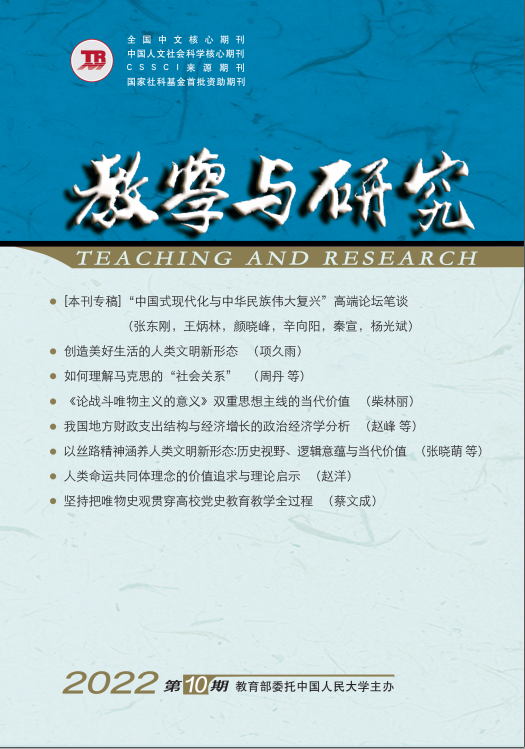The new development philosophy of innovative, coordinated, green, open and shared development is an organic and unified whole. It is not only a strategic guideline for dealing with challenges and obstacles facing Chinas development at present, but also a development theory with longterm guiding significance. It is also a guiding principle and theoretical basis for promoting Chinesestyle modernization. The new development philosophy of innovative, coordinated, green, open and shared development that we adhere to will provide a strong driving force, as well as ideological and scientific guidance for promoting Chinesestyle modernization.



